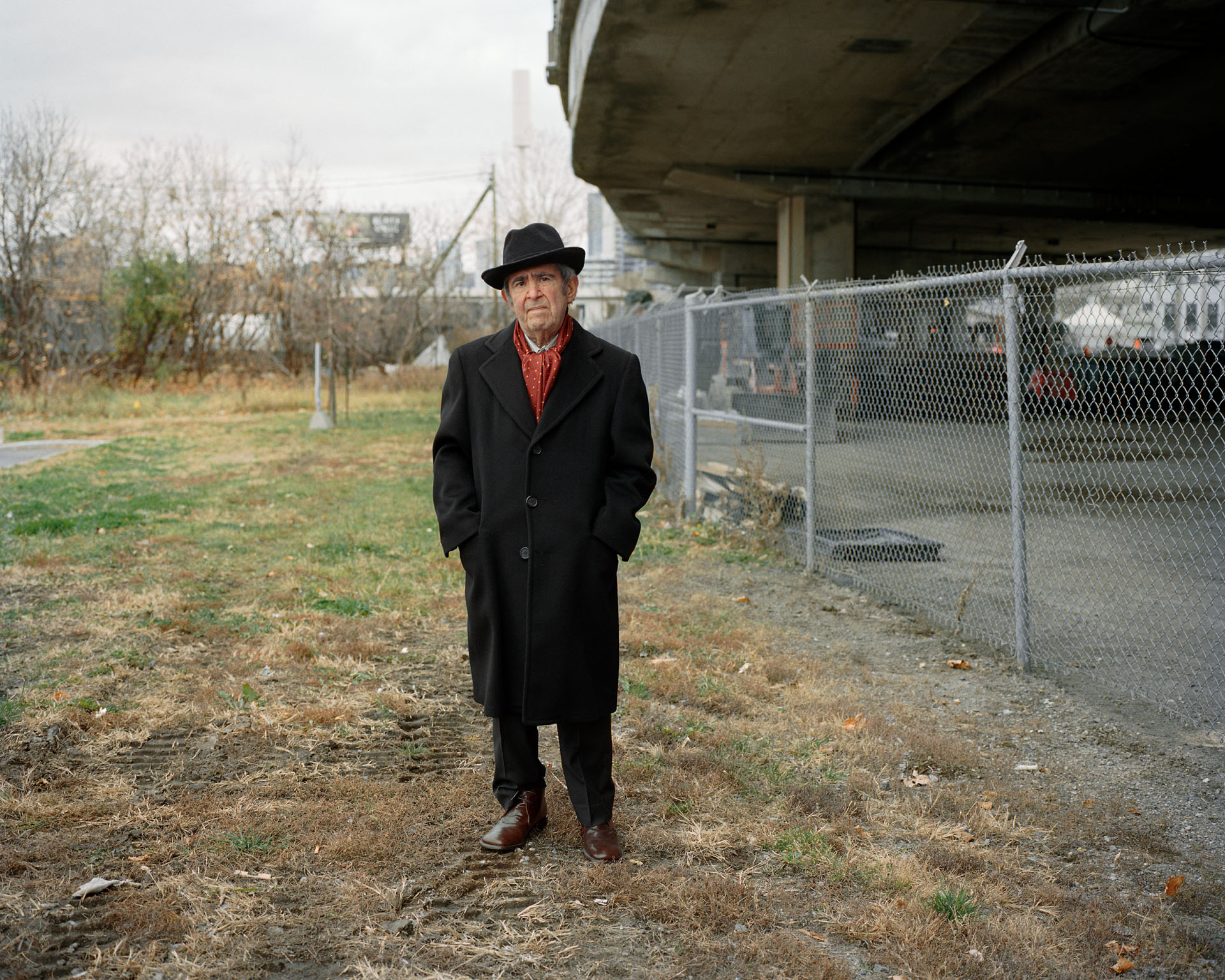Marisa Portolese: Goose Village | Artist Talk
Please join us for Marisa Portolese’s presentation of Goose Village, a project that unveils the history of a vibrant Montreal neighbourhood decimated by urban development as it chronicles the life of the Goose Village and its displaced inhabitants.
March 4, 2024 | 9:30 to 10:30 am. Online [Zoom]
Please join us for Marisa Portolese’s presentation of Goose Village, a project that unveils the history of a vibrant Montreal neighbourhood decimated by urban development as it chronicles the life of the Goose Village and its displaced inhabitants.
The storied past of the Goose Village in the southwest region of Montreal, Quebec, demolished in 1964, still harbours fondness from the people who once lived there and called it home. The quest to unearth and dig deep into the history of this once thriving neighbourhood is not only motivated by Portolese’s longstanding interest in the genres of portraiture and storytelling or the social underpinnings of her art practice. It is also intrinsic to her own roots in the city and identity as a 2nd generation Canadian. Portolese’s biography is inexorably linked to this ostensibly tight-knit community because of this immigrant and familial heritage for the Goose Village is where the paternal side of her family settled when they emigrated from Calabria, Italy.
The Goose Village is located on unceded Indigenous lands. The Kanien’kehá:ka Nation is recognized as the custodians of the lands and waters of Tiohtià:ke/Montréal, which is historically known as a gathering place for many First Nations. The Goose Village sits between Victoria Bridge and the Lachine Canal on the south side of Pointe St-Charles near the St-Lawrence River. This six-street borough was previously a plethora of cultural richness. In the early 1900s, the demographic was a mix of British, Irish, French-Canadian and Scottish citizens. However, the structure of the neighbourhood's population shifted after the outbreak of the First and Second World Wars with the arrival of people from Poland and Ukraine and with the third and largest wave of Italian mass migration. By the late 1950s, Goose Village was mainly made up of Italian immigrants.
Biography
Marisa Portolese is a Canadian-Italian, visual artist born in Montreal, Quebec. She is an Associate Professor in the Faculty of Fine Arts at Concordia University. Portraiture, representations of women, and figures in nature are recurrent subjects in her artistic practice. Autobiography and familial and cultural heritage are equally prominent themes explored through the genre of storytelling, the narrative still and moving image. She often produces large-scale colour photographs, rich in painterly references that concentrate on elucidating facets of human experiences in relation to psychological and physical environments regarding identity and spectatorship. She attempts to weave together gesture, affect, and the nuances of the gaze, to create an immersive and emotional landscape for the viewer.
Upon graduating with an MFA degree from Concordia University in 2001, she produced many photographic projects, which have received critical acclaim and featured in numerous solo and group exhibitions widely shown in Canada, Europe and the United States. From 2017 to 2019, she was the Artist in Residence at the McCord Museum in Montreal; her work during this residency culminated as a solo show and a catalogue publication entitled In the Studio with Notman. Alongside her exhibition record, critics have written about her work in various journals, magazines, newspapers, art books and periodicals, and she has three published monographs: Un chevreuil à la fenêtre de ma Chambre (2003), Antonia’s Garden (2012) and In the Studio with Notman (2018). She has been awarded grants from the Canada and Québec Arts Councils and the Social Sciences and Humanities Research Council, and in 2022, she received a Concordia University Research Fellow Award. In addition, her works are included in various corporate, museum and private collections.
